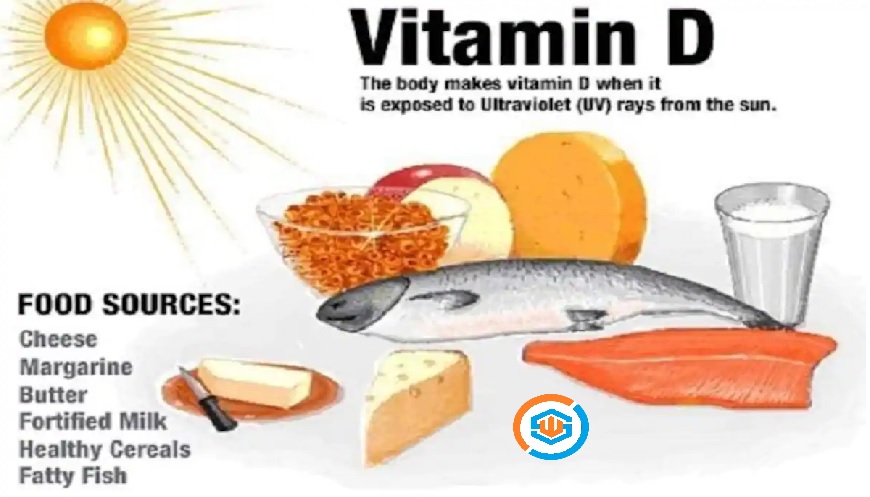
- 8 May
- 2021
Vitamin D Deficiency: Here's How You Can Maintain Vitamin D Levels At Home
Vitamin D Deficiency: Here's How You Can Maintain Vitamin D Levels At Home
Vitamin D is a fat-soluble vitamin that is synthesized in the body in the presence of sunlight. It is difficult to get sufficient Vitamin D from diet alone. This and insufficient exposure to sunlight are the most common reasons for Vitamin D deficiency. Other risk factors contributing to Vitamin D deficiency are obesity, being overweight, and staying indoors. A weak immunity, getting sick or infected too often, bone and back pain, impaired wound healing, bone loss, hair loss, muscle pain, and depression are indicative of a deficiency of Vitamin D.
How to get sufficient Vitamin D?
The deficiency of Vitamin D is quite common and yet many people are unaware of it. This is mostly because of the subtle symptoms, which one often confuses to be because of other causes. A simple blood test can help in identifying if your Vitamin D levels are optimum or not.
"Vitamin D contributes to the healthy function of our immune system, improving resistance against certain diseases besides ensuring the healthy maintenance of bones and teeth. It also protects against respiratory infections, heart disease, and stroke besides reducing the risk of diabetes. It also has a role in reducing cancer-related deaths and also helps in the prevention of cognitive decline and dementia," says Dr. Rommel Tickoo, Associate Director, Internal Medicine, Max Healthcare.
10 to 15 minutes of exposure to the sun can help in getting some Vitamin D. Tuna, sardine, mackerel, salmon, egg yolks, shiitake mushrooms, curd, cottage cheese, and milk are some of the food sources of this vitamin.
Note: - As every caution has been taken to provide our readers with the most accurate information and honest analysis. Please check the pros and cons of the same before making any decision on the basis of the shared details.











